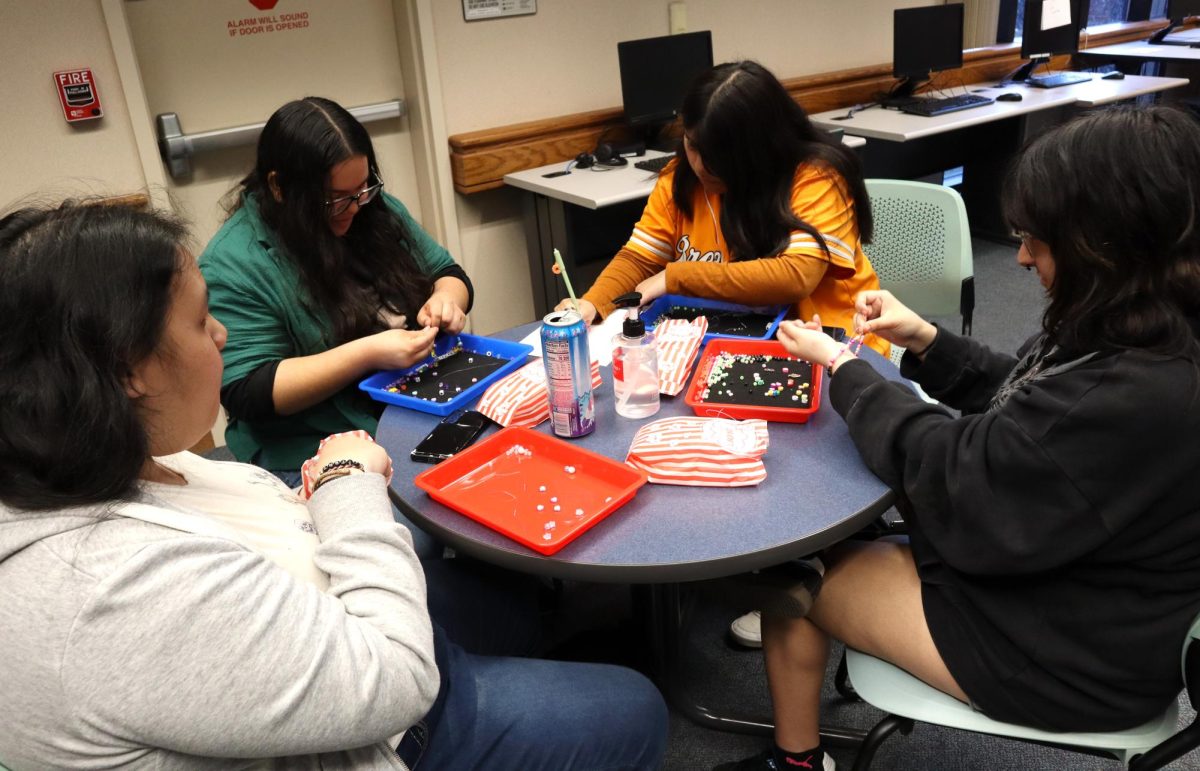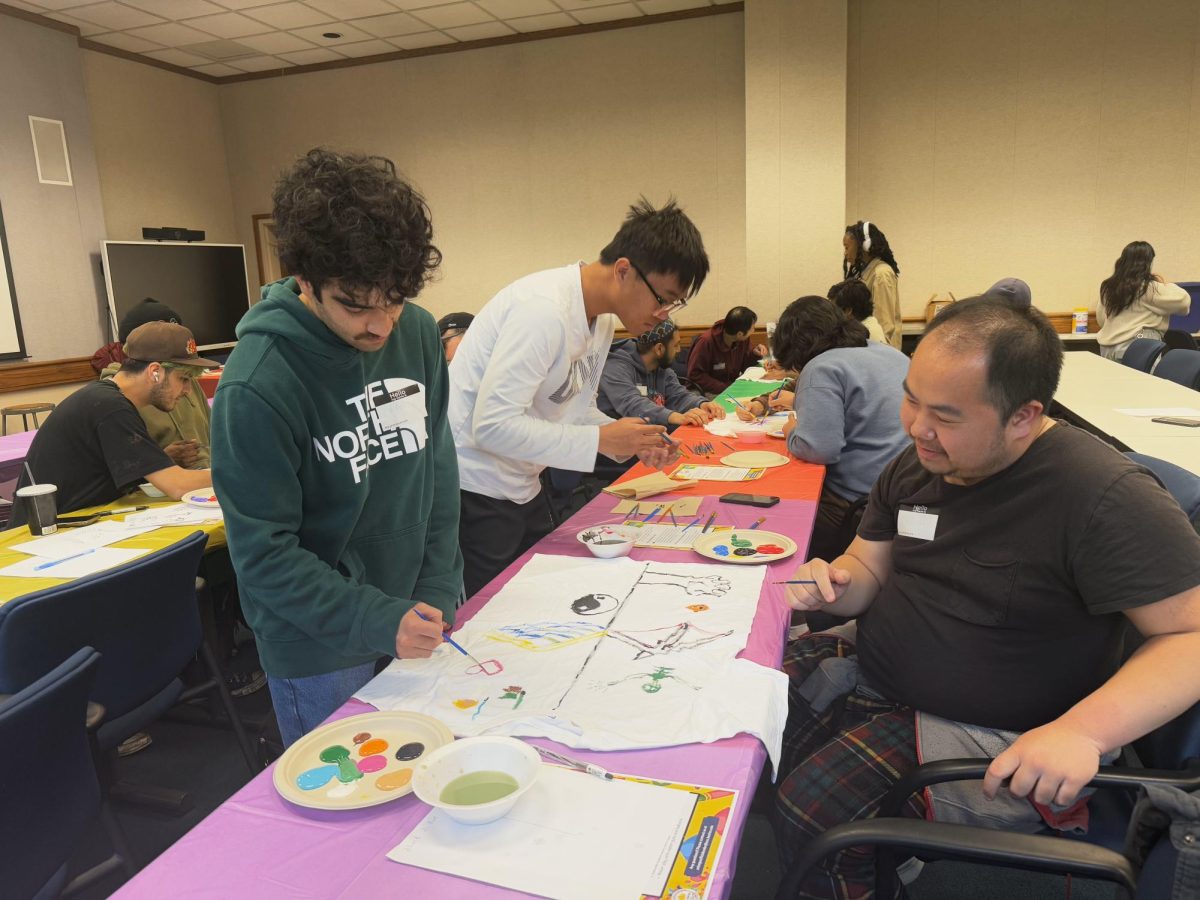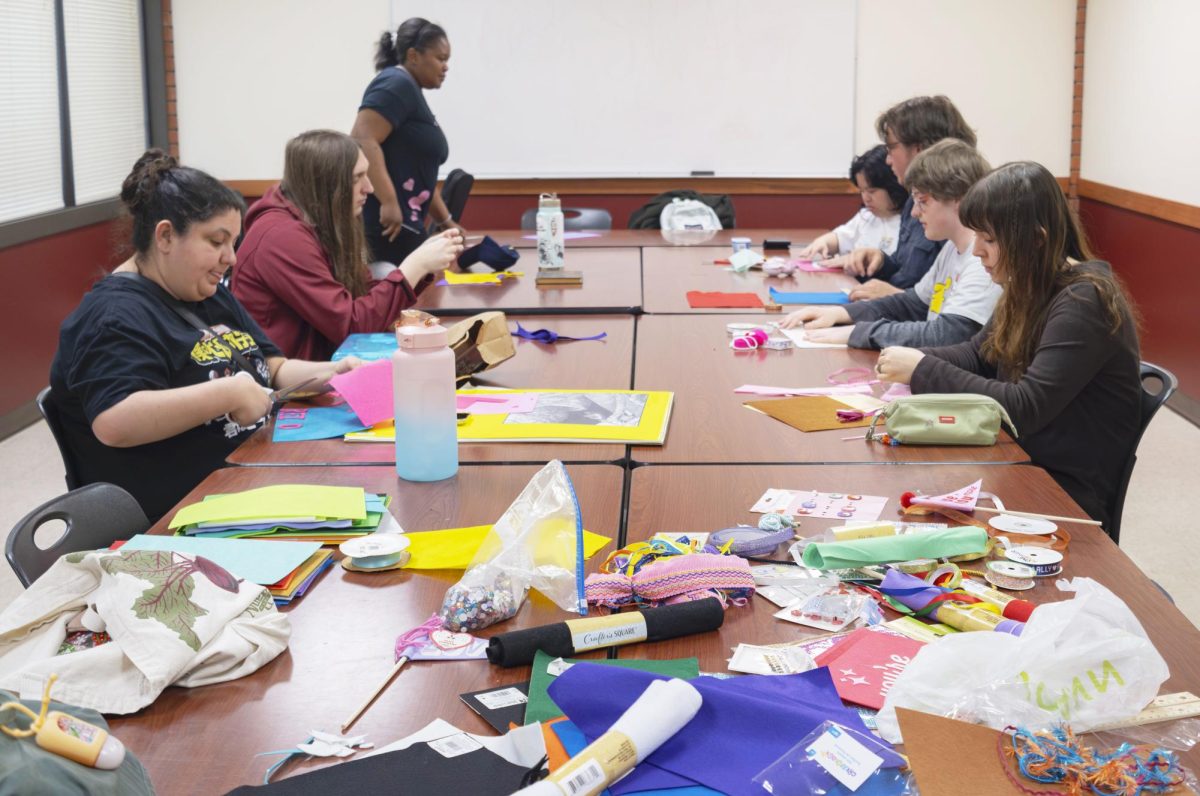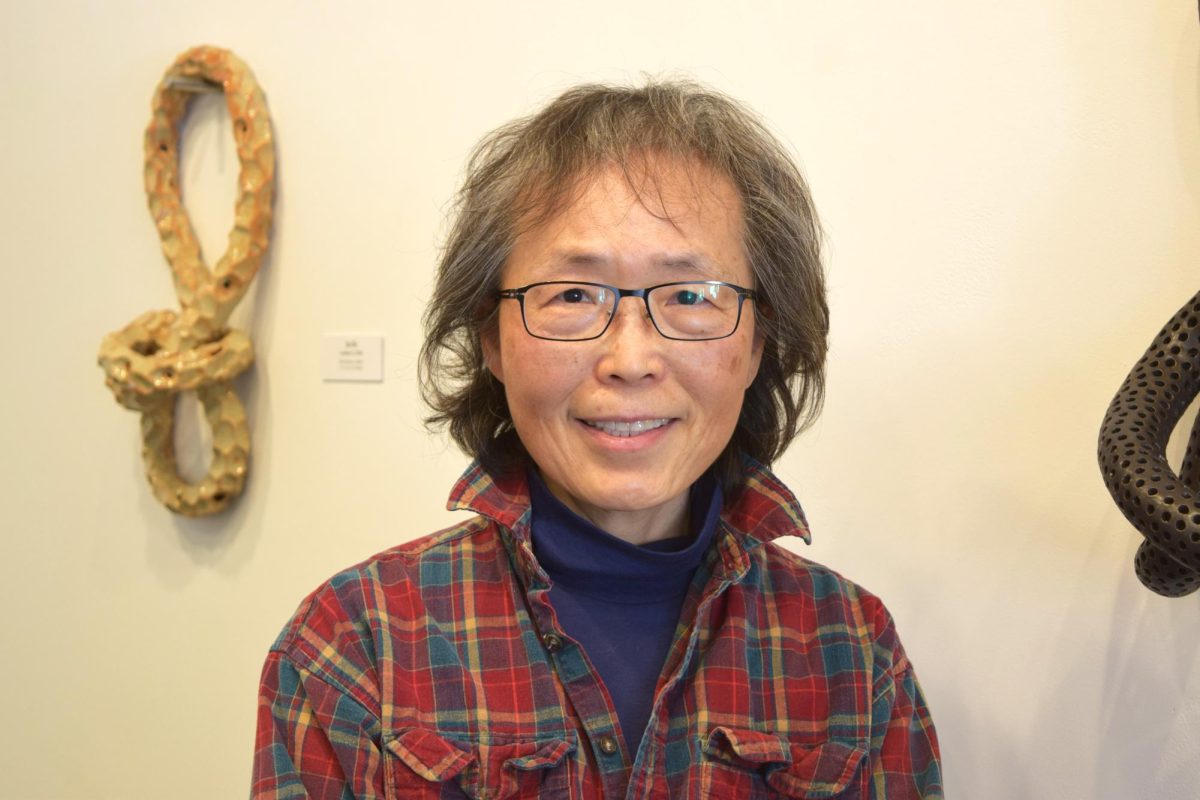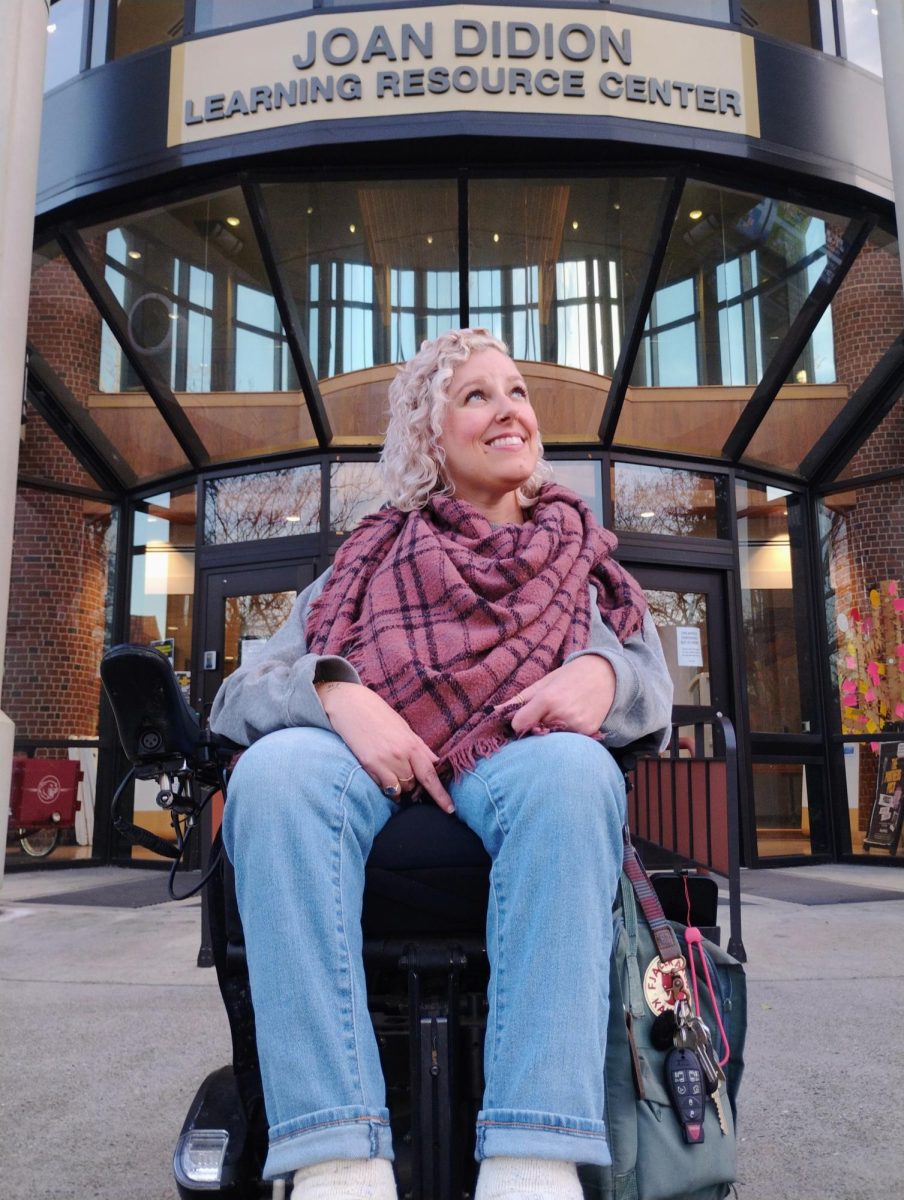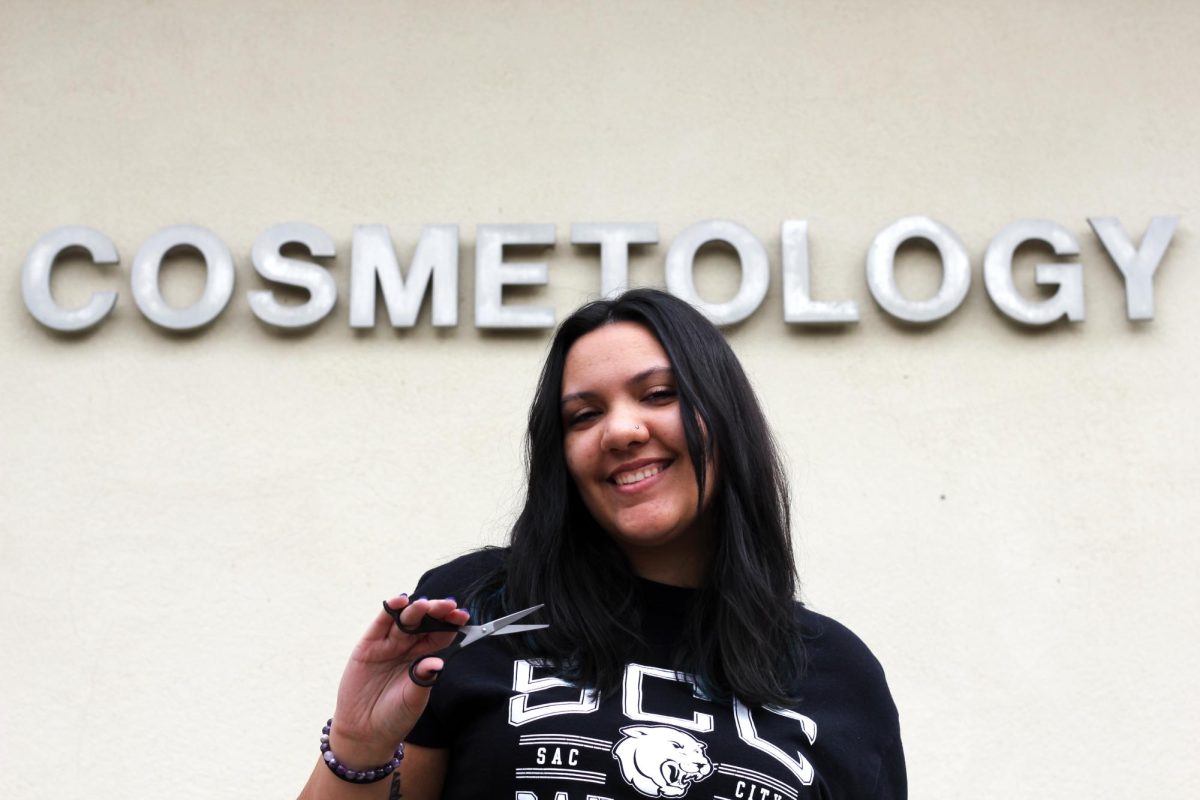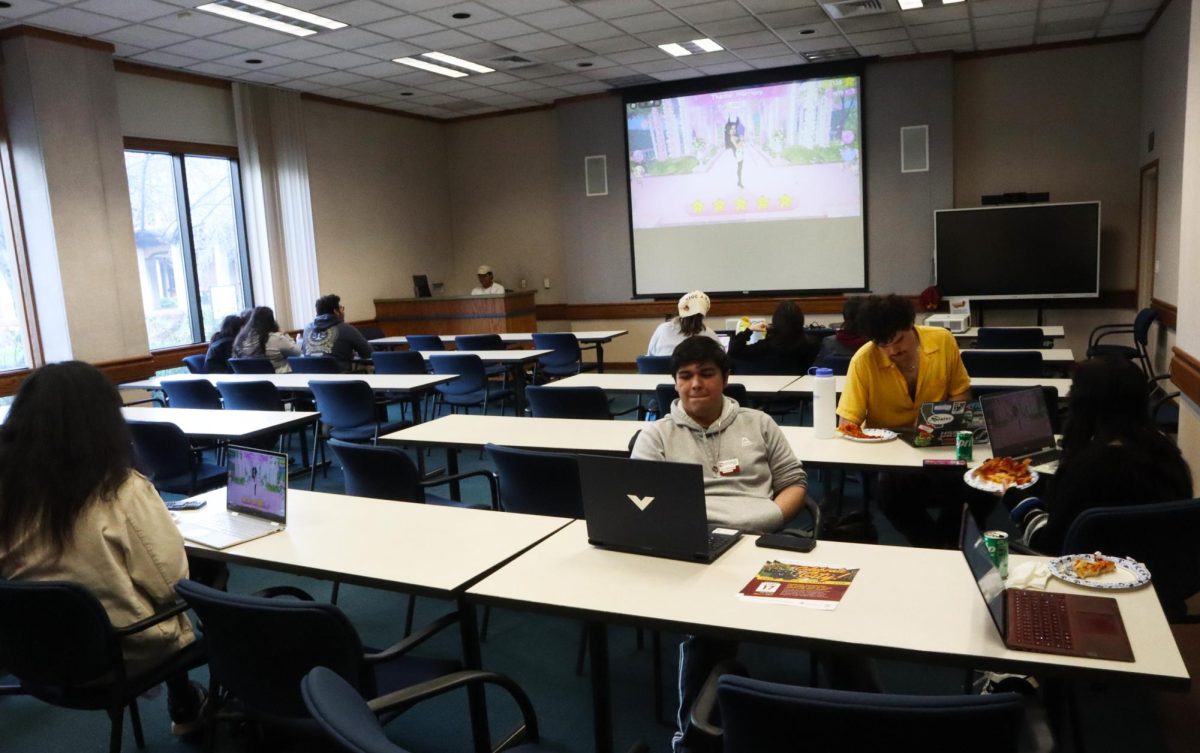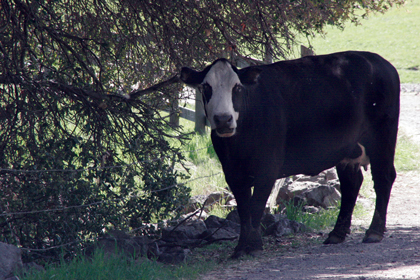
Shocking pamphlets can lead to a change for the better
Ryan Kleine | Staff Writer
kleiner@imail.losrios.edu
In the midst of all the handouts given to students walking across campus, a pamphlet with a dead pig centerfold really stands out. Vegan Outreach is just one of the groups students encounter trying to get them to change their diets by giving them pamphlets with pictures of people and animals living happily together.
Northeast Coordinator of Vegan Outreach Brian Grupe was just another student walking across campus himself once.
“I first became vegan after receiving a Vegan Outreach pamphlet at Sacramento State,” Grupe says. “I was devastated by the cruelty inflicted on innocent animals. I then began researching further into the dairy and egg industries and realized that simply foregoing meat would not be enough to remain consistent with my newly established beliefs.”
Looking at the pamphlets that Grupe hands out, it’s not surprising they swayed him. Heartbreaking color photos of animals fill the pages as well as brief summaries of the unseen practices of the meat industry. The most surprising page in the pamphlet describes free range standards.
Page four of the pamphlet “Even If You Like Meat” reads, “Birds may be labeled ‘free range’ if they have USDA-certified access to the out doors. No other criteria— such as environmental quality or space per bird—are included in this term.”
Those who don’t care about the cruelty issue can still debate the health benefits. According to City College nutrition instructor Nadine Kirkpatrick, there are many benefits to the vegan diet.
“Since vegans do not eat any animal products, they have to rely on getting protein from other sources,” Kirkpatrick says. “Beans, rice and soy are wonderful sources of protein and unlike many animal protein sources, they do not contain cholesterol and they are usually low in fat. Foods like beans are very high in fiber on top of that, and consuming adequate fiber has shown to reduce a person’s risk for getting heart disease.”
“It takes some time and careful planning to ensure that a person’s nutrient needs are still met, although they are not consuming animal products anymore,” says Kirkpatrick.
City College nutrition instructor John Polagruto says the main thing someone should concern themself with when switching to vegan is to keep a varied diet.
“For someone who is a Mc- Donalds-eater who’s gained 100 pounds and decides, ‘I want to lose weight. I’m going to go on a vegan diet.’ Living off cabbage and salads is not going to do it,” Polagruto says. “That’s a good way to develop a number of deficiencies.”
Polagruto says eating the foods Kirkpatrick mentioned with a multivitamin eliminates the risk of any deficiency.
Polagruto also says converting to a vegan lifestyle requires a complete change of diet, but the market has never been better. He says the nutrients that vegans would not have been able to get 50 years ago like vitamin B-12 are available in fortified foods. B-12 can be found in soymilk now.
Grupe understands the hardship of making this lifestyle change, but believes that a clear conscience makes it all worth it.
“Going vegan is the strongest stance a person can make in their own individual eating habits against the use/abuse of animals for food,” Grupe says. “Using Vegan Outreach pamphlets, I give people honest information about where animal products come from, and urge/help them give up these products for cruelty-free alternatives.”



